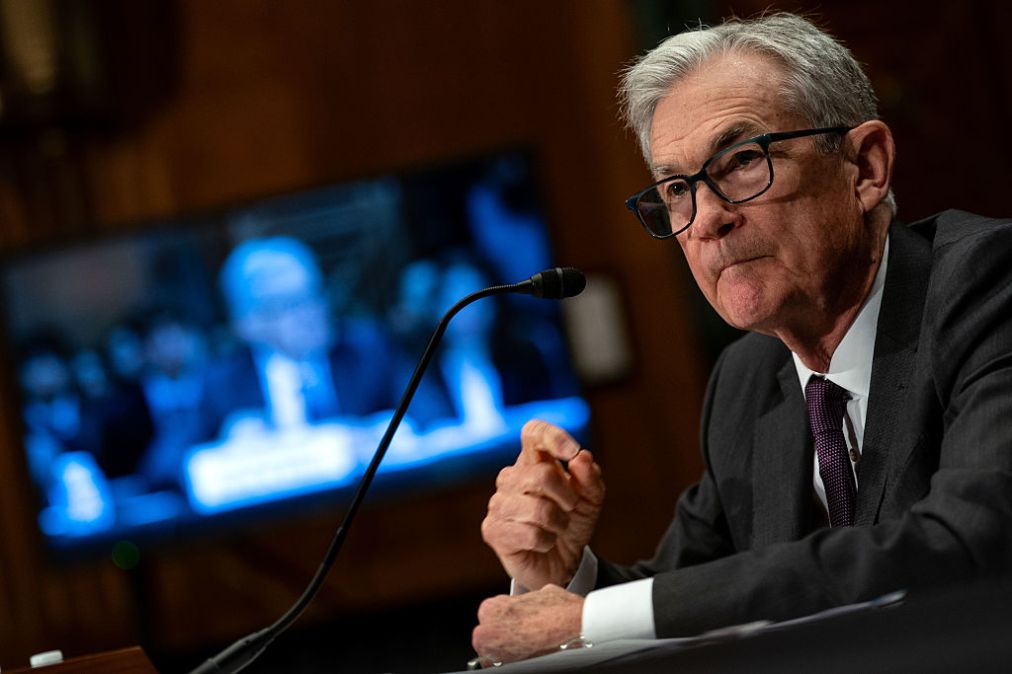Fed chair sees AI creating ‘significant changes’ to US workforce

The effects of artificial intelligence on the U.S. economy “are probably not great at this time,” Federal Reserve Chairman Jerome Powell told senators Wednesday, but the technology is likely to usher in “significant changes” to the labor market in the years ahead.
Appearing before the Senate Banking Committee, Powell said it’s an open question how big AI’s impact will be on the economy, and how quickly it will happen. But AI experts have told the Fed that what’s happening with the technology now is “nothing compared to what we can do in two years,” he noted.
“I think it has enormous capabilities to make really significant changes in the economy, in the labor force,” Powell said. “It can either augment people’s productivity, or it can replace people, or it can do a little bit of both. But it’s going to be something.”
Sen. Lisa Blunt Rochester, D-Del., asked Powell about a recent interview Anthropic CEO Dario Amodei gave to Axios in which he said AI could erase half of all entry-level white-collar jobs, leading to a 10-20% surge in unemployment over the next one to five years.
“Do you think this is a reasonable perspective, and how would AI-driven productivity gains or worker displacement affect how the Fed defines full employment?” she asked the Fed chair.
Powell said that typically with technology, the “last phase” of implementation tends “to take longer than people expect,” and he thinks the same will “probably” be true for AI. But the Fed “doesn’t have the tools to really address the social issues and labor market issues that will arise from this,” he added.
Internally, the Fed has embraced AI to a significant degree compared to many of its agency counterparts. The board’s 2024 AI inventory lists 50 use cases, covering everything from an economic trade modeling tool to incident reporting pattern detection technology.
Sen. Andy Kim, D-N.J., asked Powell about the Fed’s use of AI in forecasting, pointing to modeling the Bank of England and the European Central Bank have done on the potential macroeconomic effects of AI.
Powell said the agency has “lots of people doing work on AI,” and monitors research happening “everywhere in the world.” He also confirmed to Kim that the Fed has looked into AI credit models and how they could affect credit access and fair-lending standards.
The Fed has “been aware” of those issues for a long time, he said, dating back to pre-generative AI technologies like machine learning and the “implicit biases that can appear.” Powell said the Fed is working with people “to make sure that that doesn’t happen.”
Though he refrained from making specific predictions about AI, Powell said it’s “very clear that it has the potential to make really dramatic changes in our economy, in our workplace, in the jobs of workers, in the way companies work, and all of those things.”
“But honestly,” he added, “there’s a tremendous uncertainty about the timing of that and what the ultimate consequences will be, and what the medium-term consequences will be.”






